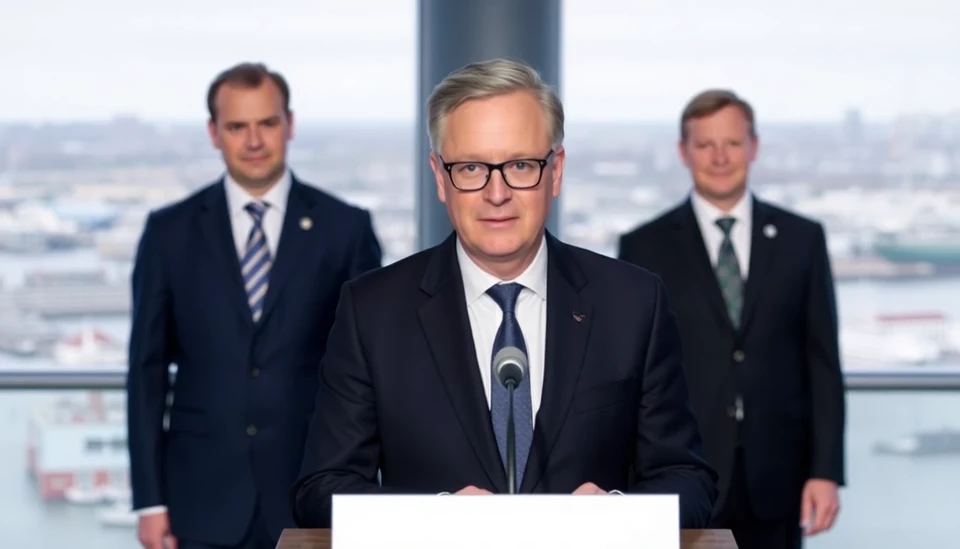
In a historic move at the 29th Conference of the Parties (COP29), a collective of nations has made a significant pledge to prohibit any new unabated coal power projects. This statement reflects a mounting global urgency to combat climate change, as nations recognize the need for a decisive transition towards cleaner energy sources.
The conference, taking place in late November, has become a platform for leaders to negotiate commitments aimed at reducing carbon emissions and ensuring sustainable energy practices. The declaration against unabated coal power signifies a pivotal shift in energy policy for many countries that historically relied on coal as a primary energy source.
Although the details of the pledge are still being finalized, officials from participating nations emphasized that the commitment encompasses a commitment not just to halt the construction of new coal-fired plants but also to phase out existing operations in line with global climate targets. This aligns with the overwhelming scientific consensus stressing the need to limit global warming to 1.5 degrees Celsius above pre-industrial levels.
The move has been lauded by environmental advocates as a crucial step towards meeting international climate goals. Activists and organizations have argued for years that unabated coal power is one of the largest contributors to greenhouse gas emissions, and capping its expansion is fundamental for achieving a sustainable future.
While some of the largest consumers of coal, including nations in Asia, have faced pressure to cease new coal projects, the pledge at COP29 aims to provide a platform for collaboration and support among countries. This includes financial assistance and technology transfer initiatives aimed at helping nations transition to renewable energy solutions.
Critics, however, have raised concerns regarding the feasibility of replacing coal-based energy systems in economies that are heavily reliant on coal for electricity. The conference discussions underscore the need for careful planning and investment to ensure that communities and workers dependent on coal mining and production are not left behind in the shift to greener energy alternatives.
The implications of the pledge extend beyond national borders, as it potentially influences global energy markets and investment trends towards renewable sources. As nations commit to this ambitious goal, the spotlight will shift to their respective strategies for meeting these pledges, and the onus will be on them to deliver tangible results in the coming years.
With COP29 already viewed as a vital turning point in climate negotiations, observers will closely monitor the outcomes of this commitment and its ripple effects around the world. The pledge emphasizes that while transitioning away from coal may present challenges, the fight against climate change requires undeniable courage and collective action.
As nations rally together to tackle one of the most significant environmental challenges of our time, the eyes of the world will remain fixed on their commitments and actions in the weeks and months ahead. The decisions made here at COP29 will likely shape global energy policies for decades to come.
In conclusion, the pledge signifies not just a commitment to cleaner energy, but also an acknowledgment of our collective responsibility to safeguard the planet for future generations. As discussions proceed, the real challenge will be in translating these ambitious promises into real, actionable changes that can address the climate crisis effectively.
#COP29 #ClimateChange #CoalPower #RenewableEnergy #Sustainability #GlobalCommitment
Author: Megan Clarke




